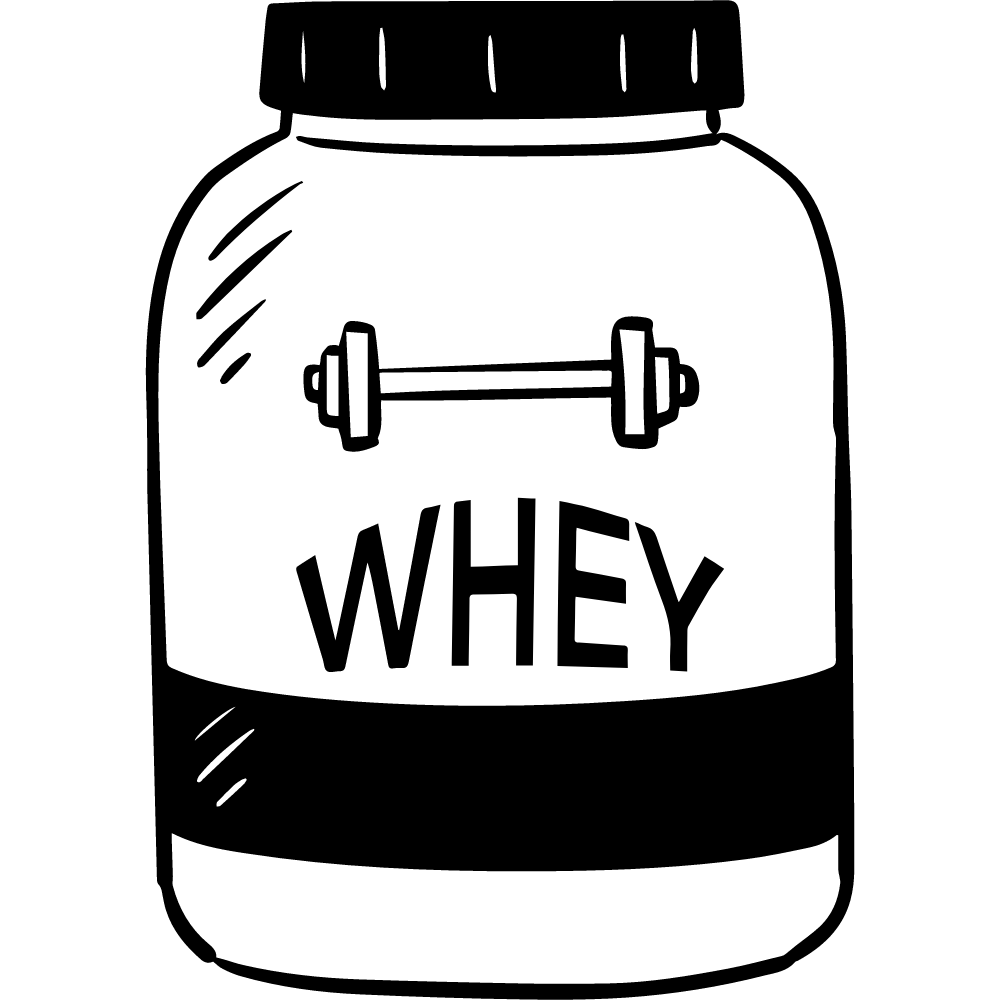What is Whey?
Whey is a byproduct of cheese production, derived from the liquid that separates from milk during the curdling process. It contains a mix of proteins, lactose, minerals, and water. There are two primary types of whey proteins: whey protein concentrate (WPC) and whey protein isolate (WPI). WPC typically contains around 70-80% protein, along with fats and carbohydrates, while WPI is more processed, containing up to 90% protein and minimal fats and carbohydrates.
Is Whey a Type of Protein?
Yes, whey is indeed a type of protein. It is known for its high biological value, meaning it provides all the essential amino acids required for various bodily functions. Its amino acid profile includes high levels of branched-chain amino acids (BCAAs), particularly leucine, which plays a crucial role in muscle protein synthesis.
Benefits of Whey Protein
- Supports Muscle Growth: Whey protein is often favored by athletes and bodybuilders due to its ability to promote muscle growth. The high levels of BCAAs, especially leucine, stimulate muscle protein synthesis, which is vital for recovery and muscle development after exercise.
- Aids Weight Management: Incorporating whey protein into your diet can help with weight loss and management. Protein is known to enhance satiety, making you feel fuller for longer, which can reduce overall calorie intake. Additionally, protein helps preserve lean muscle mass during weight loss.
- Quick and Convenient Nutrition: Whey protein is easily digestible and can be quickly absorbed by the body, making it an excellent post-workout supplement. Many people opt for whey protein shakes or bars as a convenient source of nutrition, especially when on the go.
- Boosts Immune Function: Whey protein contains immunoglobulins and lactoferrin, both of which can support immune function. Regular consumption of whey protein may contribute to a stronger immune system, helping the body fend off illness.
- Supports Recovery: After intense workouts, the body needs to repair itself. Whey protein helps to replenish amino acids and repair muscle tissue, speeding up recovery times and reducing muscle soreness.
- Potential Health Benefits: Some studies suggest that whey protein may help lower blood pressure, improve blood sugar control, and even reduce inflammation. These potential benefits can contribute to overall health and well-being.
How to Incorporate Whey into Your Diet
Whey protein can be easily incorporated into your daily routine. Here are some suggestions:
- Protein Shakes: Mix whey protein powder with water, milk, or a smoothie for a quick, nutritious drink.
- Baking: Add whey protein to baked goods like pancakes, muffins, or energy bars for an extra protein boost.
- Cooking: Stir whey protein into soups, sauces, or oatmeal for added nutrition.
Conclusion
Whey is a highly beneficial protein source that supports muscle growth, aids in weight management, and promotes recovery. Its quick absorption and rich amino acid profile make it a popular choice among fitness enthusiasts and those looking to enhance their overall health. Whether you’re an athlete or just looking to add more protein to your diet, incorporating whey can be an effective way to achieve your nutritional goals.

